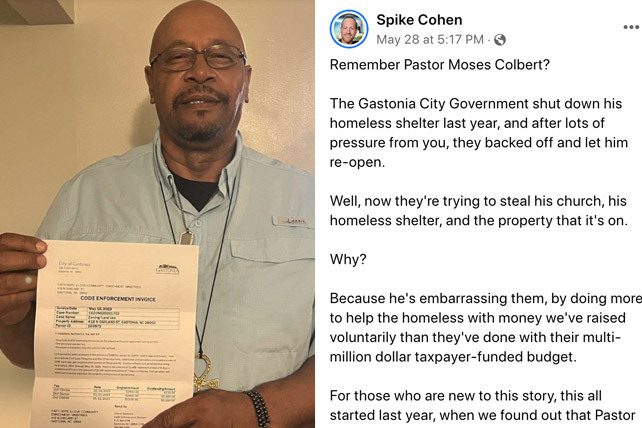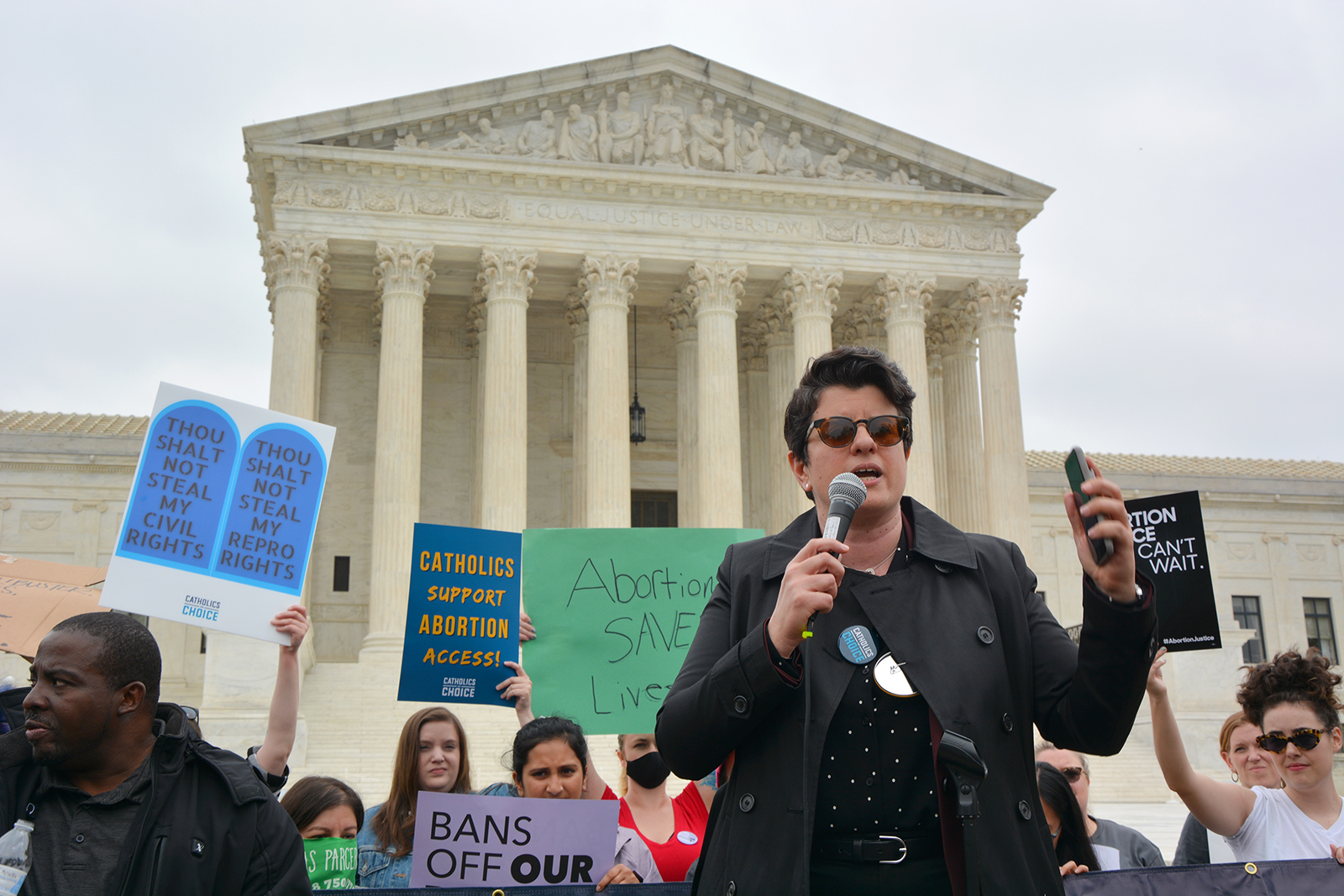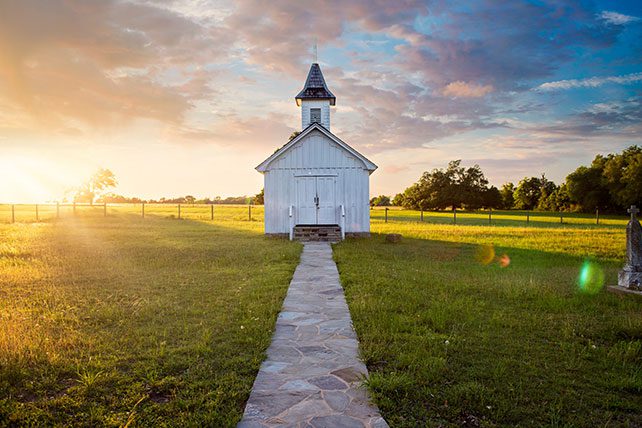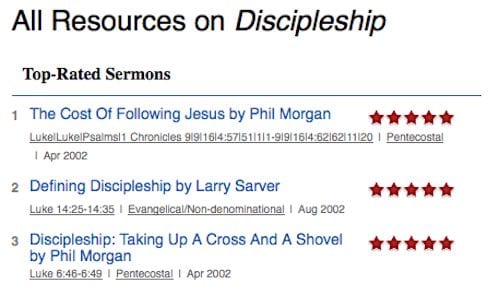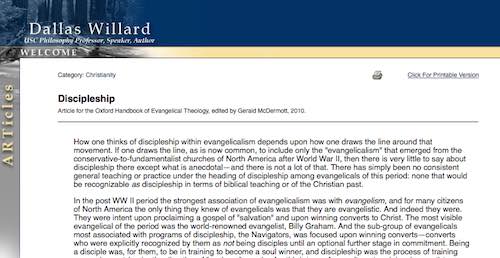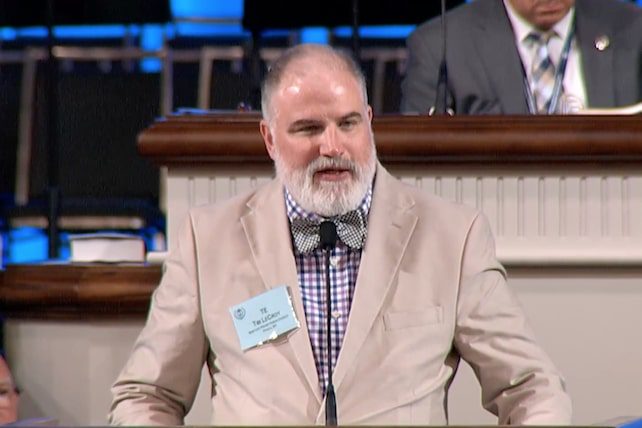Quick: who do you think believes in hell the most—Baby Boomers or Generation Z? I’ll give you a few additional bits of information to work with: the study was conducted in the U.K., and there, Gen Z more often than not identifies as atheist.
Okay, got your answer? If you said, “Well, it’s obviously Baby Boomers,” you would be…
…wrong.
While only 18% of Boomers said they believed in the concept of the land of the damned, a whopping 32% of Gen Z said they did. If this leaves you scratching your head, prepare for more itching. Their belief stops at hell. They do not throw in a belief in heaven, much less God. Further, they continue to declare themselves irreligious.
All this from the “World Values Survey” as conducted by the Policy Institute at King’s College in London.
To try and sum it all up, Generation Z (and Millennials, the survey found) do not consider themselves religious, do not generally believe in God, but do tend to believe in life after death. At least in terms of a hell.
Now one would think this would betray some fairly significant spiritual confusion. Or at least, a lack of spiritual reflection. What is behind a belief in hell independent of some kind of justice-doling God? Further, why would a belief in hell rest so peacefully with a rejection of any and all religion that might spare you from that hell?
But let’s let stated beliefs simply be stated and draw the one clear conclusion about the theology of younger adults: they believe in something beyond this life. Or as Bobby Duffy, director of the Policy Institute, put it:
Our cultural attachment to organized religion has continued to decline in the U.K. – but our belief that there is something beyond this life is holding strong, including among the youngest generation.
While the youngest generations continue to have lower attachment to formal religion, many of them have similar or even greater need to believe that there is “more than this.”
It brings to mind a rather obscure essay C.S. Lewis once wrote on modern man and his categories of thought that I included in my book Meet Generation Z. Lewis argued that when the gospel first broke out, the evangelistic task was essentially to one of three groups: Jews, Judaizing Gentiles and pagans.
All three believed in the supernatural.
All three were conscious of sin and feared divine judgment.
Each offered some form of personal purification and release.
They all believed the world had once been better than it now was.
But now, Lewis argued, the average person shares none of those marks. In fact, he ended the essay by stating, “I sometimes wonder whether we shall not have to re-convert men to real Paganism as a preliminary to converting them to Christianity.”
Perhaps their belief in hell can be the starting point of that conversion.
This article originally appeared here and is used by permission.






